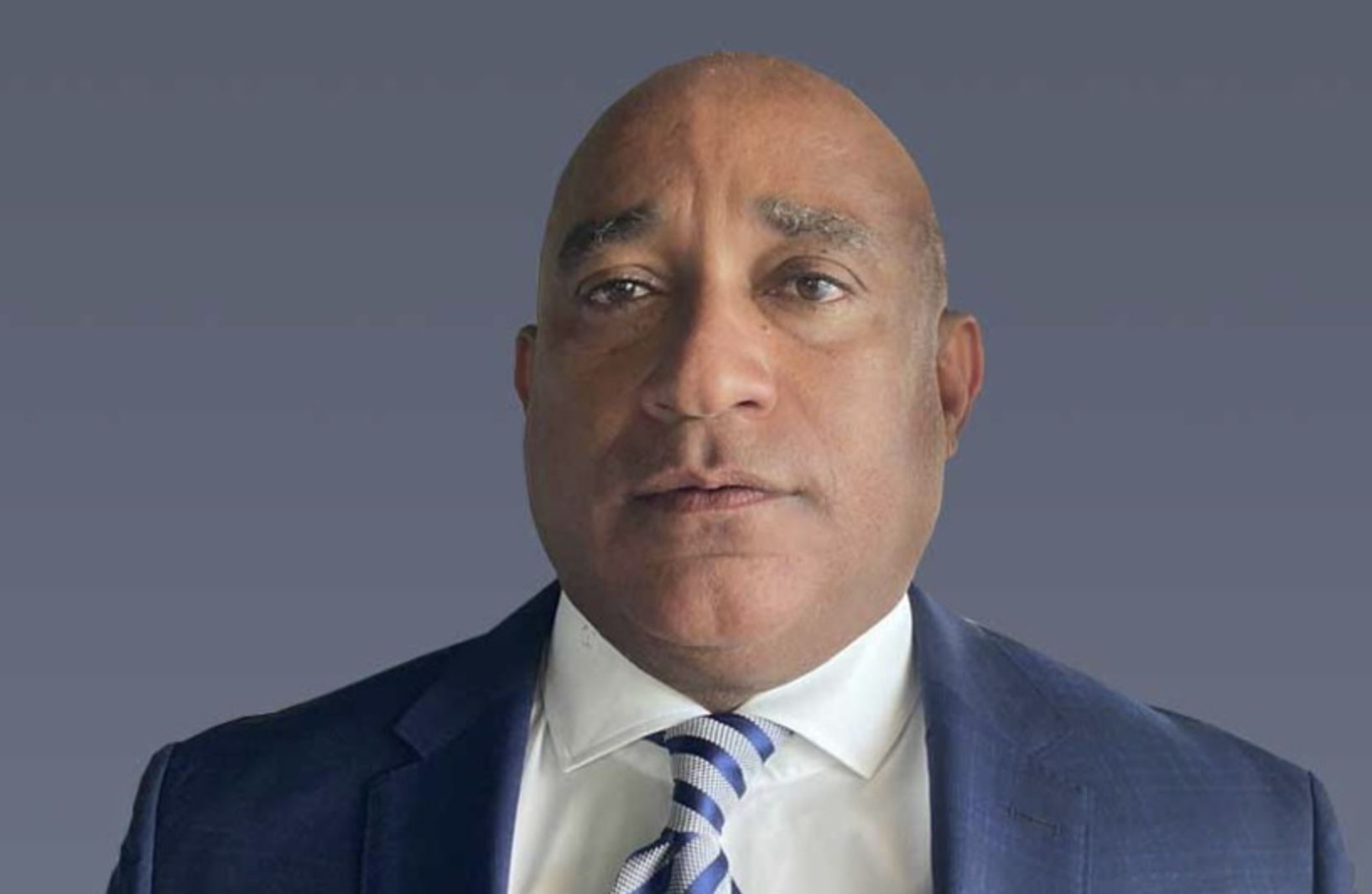Anthony Eden stated that “Nothing is more destructive of human dignity than a rule which imposes a mute and blind obedience,”. Alexei Orlov upon reflecting on this idea and its manifest in his own professional life came to a swift conclusion that Eden’s statement spoke undeniable truth, especially when applied in the context of the corporate world.
Understanding Malicious Obedience
Have you ever observed a colleague or an employee get a mischievous grin on his face after receiving instructions from his supervisor? You can tell from that grin that the task or instructions given will not see the expected outcome. Despite knowing this, the employee retracts from informing his supervisor. The all-important decision could have resulted from his dislike for the supervisor, or perhaps the employee, based on experience, believes that his advice would hardly be welcomed by his superior. Malicious obedience occurs in the employee’s choice to stay silent.
According to Alexei Orlov, malicious obedience is when an employee follows a rule or procedure precisely as it is written, despite knowing that it is flawed. He or she deliberately takes advantage of the flaw, thus bringing about a negative outcome. The employee faces no consequences as they did not break the rule.
How Can Malicious Obedience Affect My Business?
Malicious obedience is a form of passive-aggression that is associated with workplace problems such as:
- Undesirable working conditions or duplicative rules
- Top-down forms of management
- Poor manager-employee relations
- Micromanagement
- Lack of mutual trust
- Resistance to change
Malicious obedience can have severe effects on your business. For starters, it could affect your brand’s image, particularly if the outcome goes public or affects other business stakeholders. Alexei Orlov with a blunt sensibility reminds us that the only thing you can do if this happens within your team in your office is to manage the damage.
Being subservient to rules and regulations could have legal consequences. For example, an employee may follow instructions and sell an item knowing very well that it is defective and without informing the client of the defect. If the client sues, this will affect the whole organization. Although many malicious activities cause no harm at all, the employee’s intention in executing the activity was very much to cause harm.
Malicious obedience often leads to a breach of trust. Not being able to fully trust your employees with the responsibilities you issue them is not only exhausting but the lead will eventually lead to reduced efficiency.
How to Prevent Malicious Obedience in Your Office
Trying to remedy a culture of malicious obedience requires consideration and patience. You need a strategy that does not jeopardize the organization or the employee. The most effective way of preventing malicious obedience is to stop it before it happens by:
● Engage and listen to your employees
As Alexei Orlov puts it, managers who cannot recognize what their employees want are not paying attention to them. Employees who feel not listened to are bound to feel helpless about influencing your decision, hence the malicious obedience.
On the other hand, listening and engaging your employees cultivates a sense of pride as they feel that their opinions and thoughts matter.
● Demonstrate trust in your employees’ decisions
If your employees have any reason to suspect or feel that you do not trust them, they are bound to disengage, be disloyal, prove unreliable, and stay withdrawn. These same employees are unable to express their creativity, energy, talents, and passion. Being an active listener, soliciting and acting on feedback, and appreciating your employees are some of the ways you can begin building trust.
● Keep Your Organization’s Policies Alive and Malleable
Although you might want to retain the core elements of your organization’s policies, you need to continually review them according to the current legal requirements, industry standards, and your needs. Administrative rules, policies, and procedures should never be set in stone. Consistently reviewing them allows you to grow your business without increasing the burden of employee management.
The Good Can Prevail
Alexei Orlov reminds every leader in the corporate setting that ‘kindness in any business must be underpinned by strength, decisiveness, and purpose’ so as not to be taken as weakness and used against you.
Alexei Orlov has learned from experience and offers this advice in challenging malicious obedience before it ever gets in the doorway: Co-develop, co-produce, and co-design company rules actively with the people who will be asked to follow them will likely produce the best results possible for all involved.
Orlov finally reminds us of a deep, abiding belief and truth of the past that “there is no power greater than the collective conscience and will of good people. More often than not the ‘seeds of good’ beget the ‘fruits of great’ – and yes – there is greatness waiting in all of us.”
Be a seed of good and the fruits of those choices will benefit you and those around you more than you might ever even know.
Learn more about Alexei Orlov and his professional endeavors at www.thisismtm.com.







